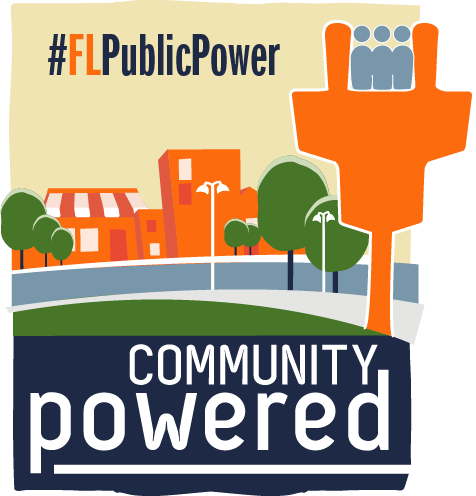Lawmakers Target Wind Energy, Climate Issues

Article reposted with permission from The News Service of Florida.
The Florida House late Thursday gave final approval to a bill that would make a series of changes in state energy laws, including preventing offshore wind-energy generation and removing references to reducing greenhouse gas emissions.
The House voted 81-29 to pass the bill (HB 1645), which was approved Wednesday by the Senate in a 28-12 vote. It is ready to go to Gov. Ron DeSantis.
Unlike some other areas of the country, such as the Midwest, Florida does not have commercial wind-energy generation. But the bill would ban wind turbines offshore and within one mile onshore of the coast and the Intracoastal Waterway.
The bill drew little discussion Thursday night, but House sponsor Bobby Payne, R-Palatka, said last week that large-scale wind energy is not viable in Florida. Also, Senate sponsor Jay Collins, R-Tampa, has said the proposed wind-energy ban is designed to help protect wildlife and ecosystems and to prevent noise.
But some Democrats questioned imposing a ban. Rep. Anna Eskamani, D-Orlando, last week acknowledged that wind energy is not currently viable in the state, but she said “technologies evolve, technologies change.”
The bill also would revise parts of state law to eliminate references to reducing greenhouse-gas emissions.
For example, it would eliminate part of current law that says, “The Legislature finds that the state's energy security can be increased by lessening dependence on foreign oil; that the impacts of global climate change can be reduced through the reduction of greenhouse gas emissions; and that the implementation of alternative energy technologies can be a source of new jobs and employment opportunities for many Floridians.”
That would be replaced, in part, by sentences that say, “The purpose of the state's energy policy is to ensure an adequate, reliable, and cost-effective supply of energy for the state in a manner that promotes the health and welfare of the public and economic growth. The Legislature intends that governance of the state's energy policy be efficiently directed toward achieving this purpose.”
Payne and Collins have cited a need to maintain stability in electric generation.
“Our goal is to look out for the future of Florida and say what is cost efficient, what’s reliable,” Payne said last week. “Renewables are not always reliable and what is the best for security in the state.”
But critics pointed to issues such as flooding caused by sea-level rise.
“I’m not sure how it became political to care about our environment,” Sen. Tina Polsky, D-Boca Raton, said during a Senate committee meeting last month. “Florida is ground zero for climate disasters. We are surrounded by water, and the effects are showing.”
Among other changes, the bill would ease a regulation on building natural-gas pipelines. Pipelines within Florida that are 15 miles or longer currently need certification under a law known as the Natural Gas Transmission Pipeline Siting Act. Under the bill, the requirement would apply to pipelines 100 miles or longer.
 Enter your email address in the
Enter your email address in the 